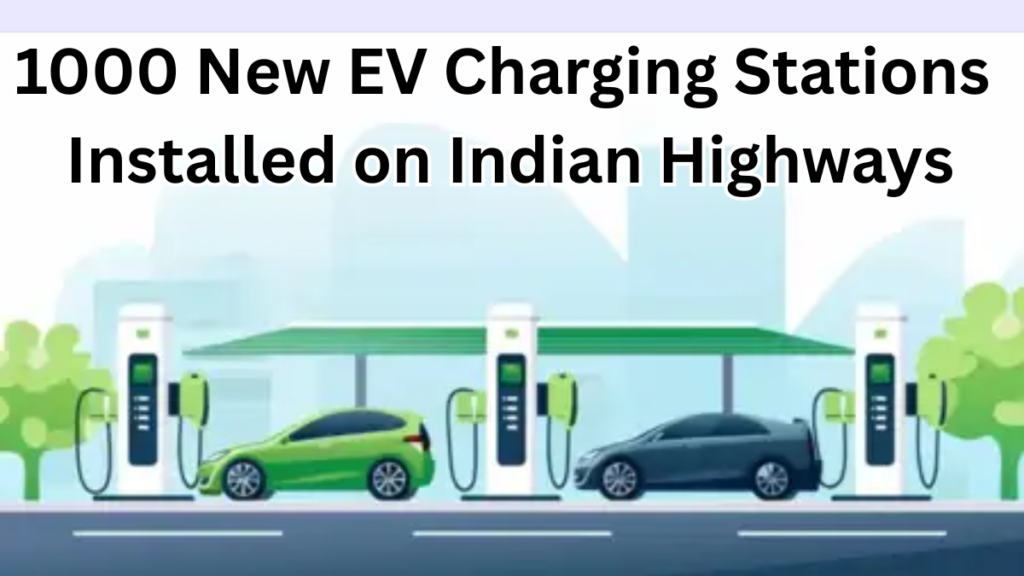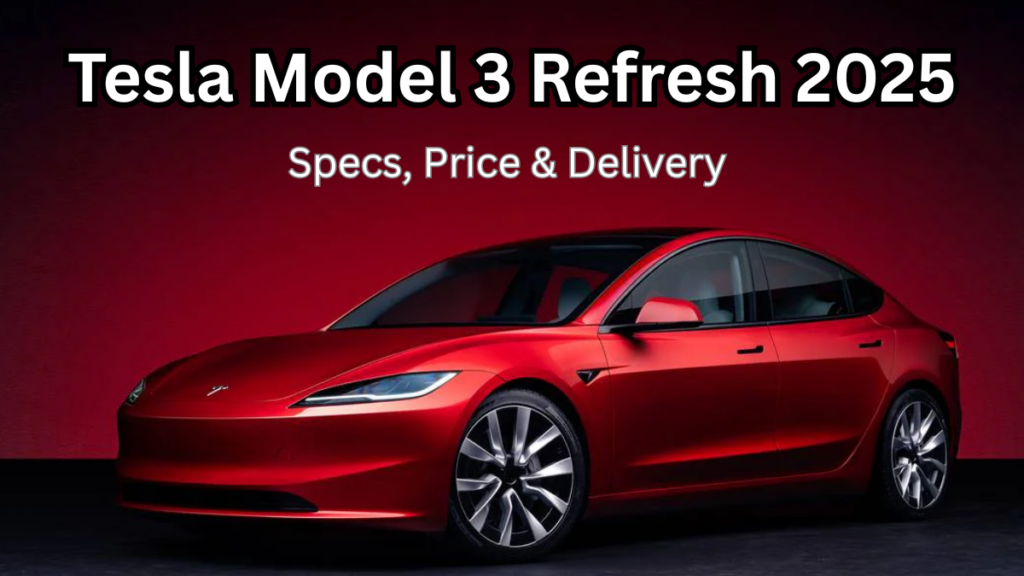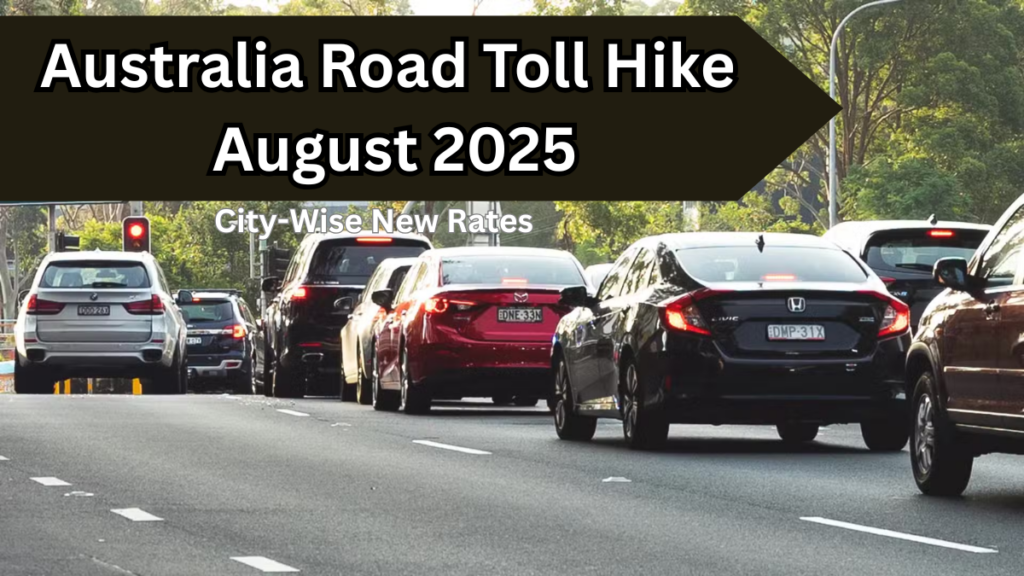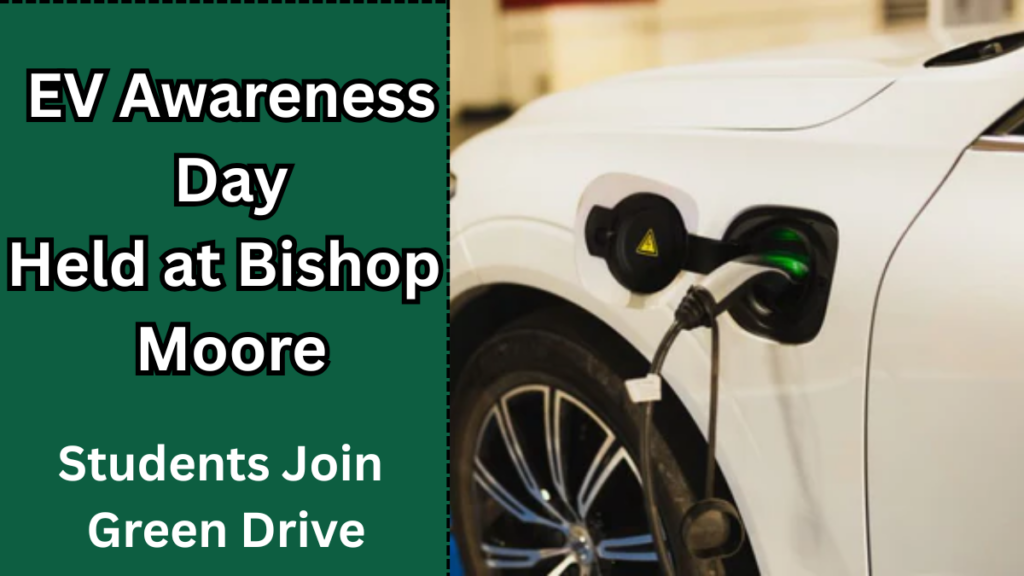The future of vehicles is not just about speed and design anymore. Connected Car Technology Trends 2025 is reshaping how we think about driving. With smart car 2025 innovations and advanced vehicle connectivity, cars are becoming part of the digital ecosystem. The rise of IoT cars means driving is smarter, safer, and far more connected.
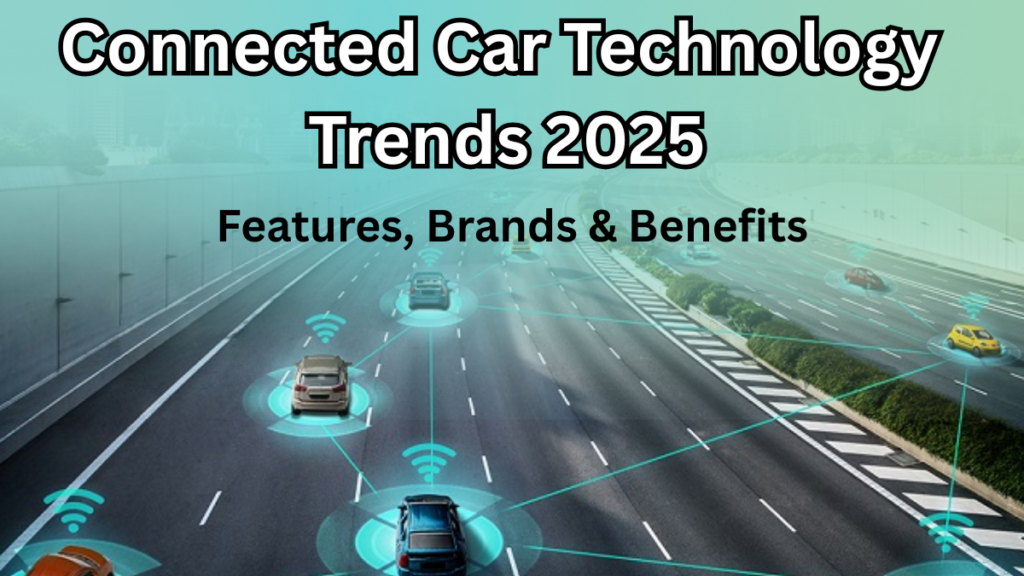
Table of Contents
What Is Connected Car Technology?
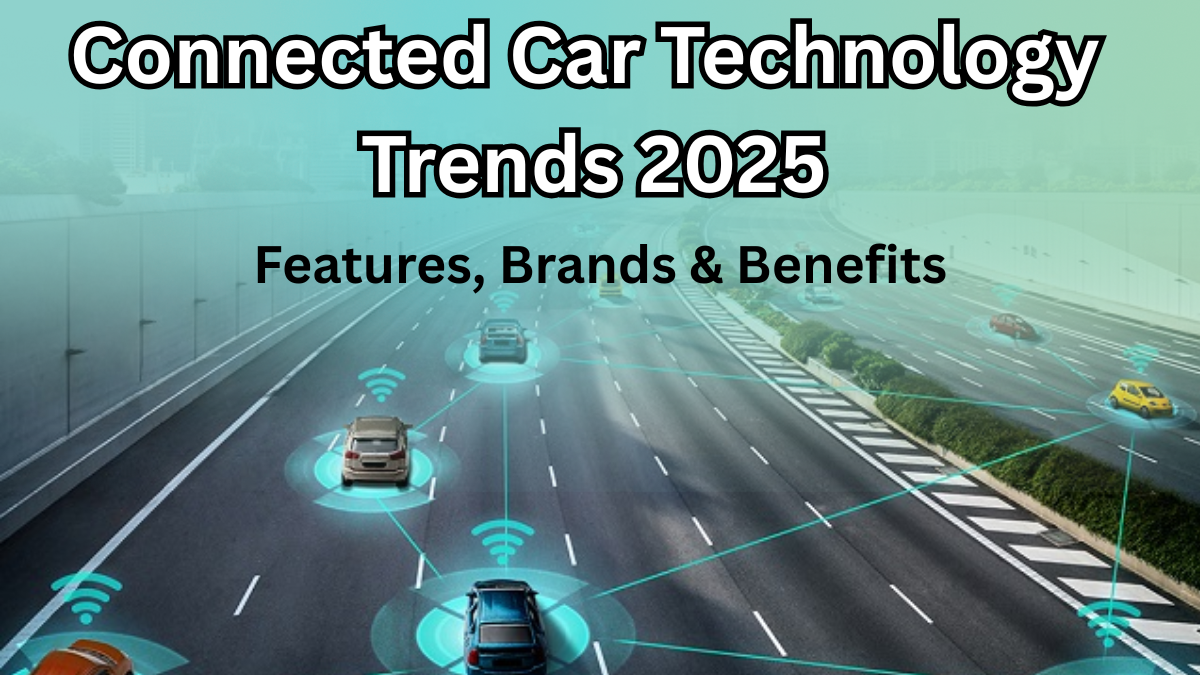
Connected car technology integrates vehicles with the internet and smart devices. This enables your car to:
-
Communicate with other vehicles and city infrastructure
-
Access real-time cloud-based data for traffic and weather updates
-
Provide software and security updates remotely
-
Enhance convenience with remote controls and automation
Key Features of Connected Cars in 2025
The Connected Car Technology Trends 2025 introduce game-changing features that enhance your driving experience.
Feature |
Description |
|---|---|
Advanced Driver Assistance Systems (ADAS) |
Automated braking, adaptive cruise control, and lane assist for safer driving |
5G Connectivity |
Faster, more reliable data exchange for real-time updates |
Over-the-Air (OTA) Updates |
Software and system upgrades without visiting service centers |
Personalized Infotainment |
Integrated streaming services and voice assistants |
Smart Navigation |
Routes optimized using live traffic and hazard data |
IoT Integration |
Sync your car with smart home devices for seamless living |
Top Brands Leading the Connected Car Revolution
Several automakers are at the forefront of smart car 2025 technology. Here’s a snapshot of leading brands and their innovations.
Brand |
Highlighted Tech |
|---|---|
Tesla |
OTA updates, full self-driving capability |
Mercedes-Benz |
AI-powered MBUX voice control system |
BMW |
ConnectedDrive with intelligent personal assistant |
Hyundai |
Bluelink IoT and home device integration |
Toyota |
V2X (vehicle-to-everything) communication, ADAS upgrades |
Benefits of Connected Cars
Why are Connected Car Technology Trends 2025 generating so much buzz? Because the benefits go beyond cool gadgets:
-
Enhanced safety with real-time alerts and automated responses
-
Remote vehicle control through mobile apps
-
Lower long-term costs via predictive maintenance
-
Eco-friendly driving with smart route optimization
-
Entertainment and connectivity that keeps passengers engaged
The Role of IoT in Connected Cars
IoT cars play a central role in the connected car ecosystem. The power of IoT brings:
-
Communication with smart city infrastructure like traffic signals and parking systems
-
Integration with home automation (lights, garage doors)
-
Continuous data flow to improve car performance and safety features
FAQs
What is the main advantage of connected car technology?
The primary benefit is improved safety. Vehicle connectivity allows your car to access and share real-time data, reducing risks and enhancing situational awareness.
Are connected cars vulnerable to hacking?
Manufacturers are strengthening IoT car security through advanced encryption, intrusion detection systems, and regular OTA security patches.
Will connected car technology work in remote areas?
While smart car 2025 features like live traffic updates need a network, core safety features like ADAS work independently of connectivity.
Do connected cars cost more?
Initially, yes. The added technology comes at a premium, but savings from fuel efficiency, predictive maintenance, and fewer repairs balance out the cost over time.
Click here to learn more
